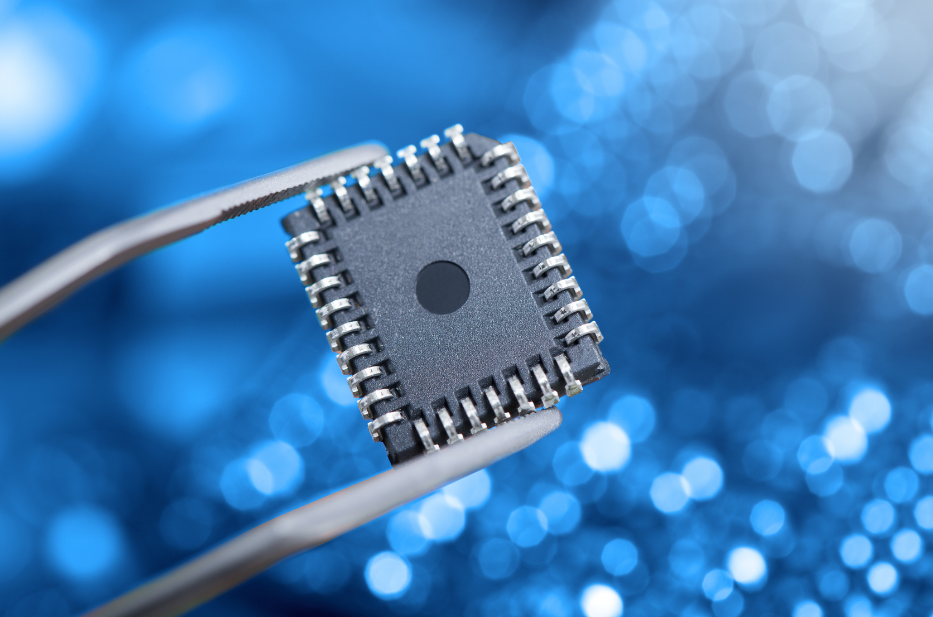In the United States, the CHIPS and Science Act of 2022 passed recently, and again the world is focused on the microelectronics industry. Chips are semiconductor component parts and Membrion’s ceramic desalination membranes are effectively treating water in this industry. Semiconductor manufacturing processes involve large quantities of water and create harsh wastewater conditions that are well suited for CeramIX® membranes
Regardless of location, water is central to processes for manufacturing semiconductors. Since semiconductors are made of differing layers added onto a silicon base, each layer must be cleaned with ultra-pure water. Ultra-pure water requires processing to be a million times cleaner than typical drinking water.
Last year, a Forbes magazine article focused on the region including Taiwan, where there are worsening drought conditions without the relief which comes from rain and typhoons. This is causing chip manufacturers to compete with locals for water use. In Taiwan, typhoons are an important source of water supply, and when there are no typhoons to fill the reservoirs or rainfall is less than expected, water regulations are put into place. Since producing semiconductors requires a lot of water in its industrial processes, a shortage of water, and any regulations which result in a heightened lack of water, is a critical industry concern.
This is compounded by the global chip shortage, which impacts both consumers and businesses. Manufacturers are taking aggressive steps to expand and meet the demand for chips. Most people are in some way affected by the chip shortage, including any consumers in need of automobiles, TV, medical care, phones, appliances, and more.
Since there may not be enough water to meet the industrial needs for chips, water challenges may impact the possible production output.
In the United States, Intel is expanding to meet the demands for more semiconductors by building additional manufacturing facilities, including one in Ohio and one in Arizona. In a CNBC article, it was stated that the Intel facility in Arizona must fast-track its water recycling program because its water needs could quickly drain the Colorado River.
Membrion has multiple success stories with clients looking to reduce their water intake. They are an important collaborator in water conservation processes. Membrion ceramic desalination membranes can filter under harsh conditions, which is essential for recycling water in semiconductor facilities.
Water is a critical component of the semiconductor manufacturing process. In late September, the Ultrapure Micro Conference 2022 will gather semiconductor manufacturers, along with their suppliers and vendors, in Phoenix, including Membrion, to explore trends in high purity environments and the solutions to chemical and micro contamination challenges which are present in semiconductor fabrication facilities.
Membrion’s ceramic desalination membranes are successfully used to filter ions and are the cost-effective solution to micro-contamination challenges. Membrion has multiple success stories for recycling challenging wastewater to meet reuse targets in a cost-effective manner. Membrion is integral to a greener chips industry.

